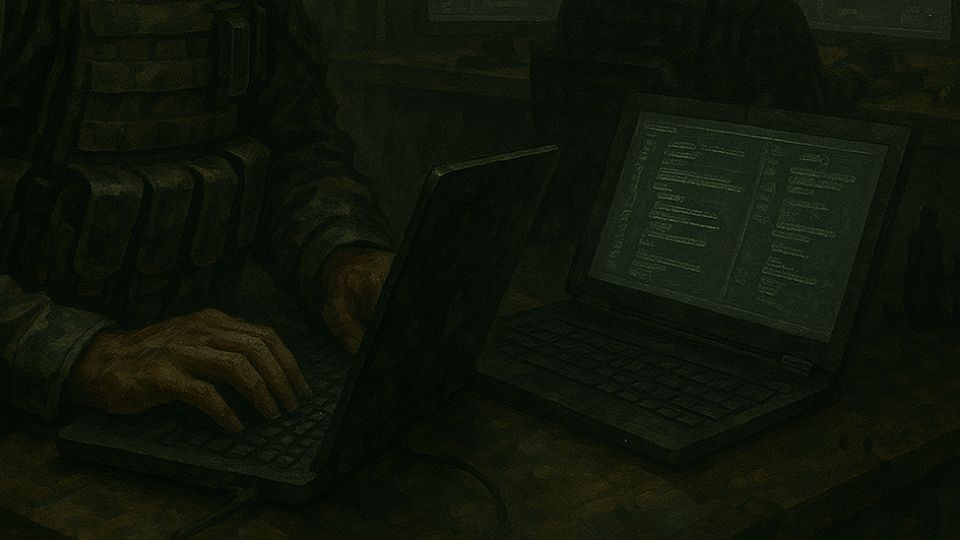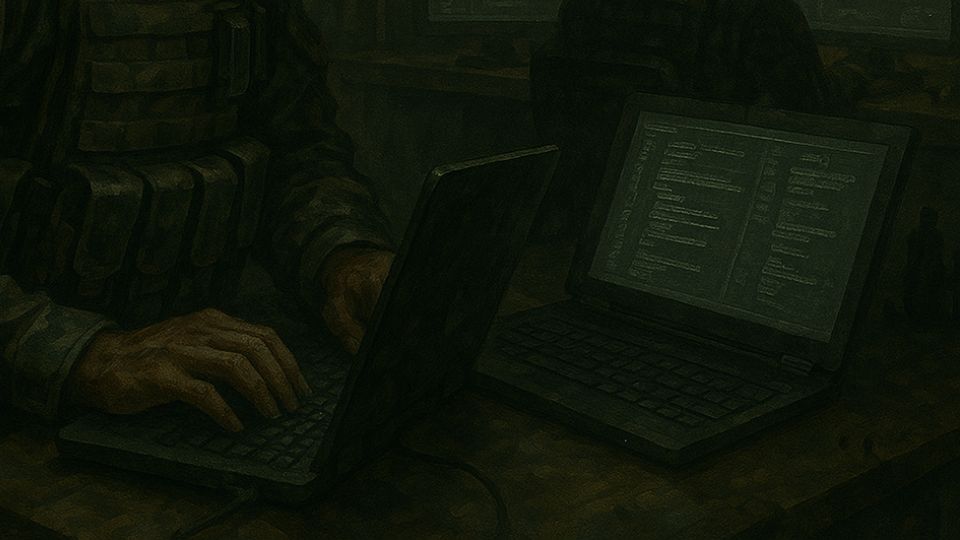Dutch Authorities Arrest Teens Linked to Russian Espionage
Dutch minors allegedly recruited via Telegram to map Wi-Fi networks near Europol and Eurojust
Two 17-year-olds from the Netherlands were arrested in The Hague for allegedly carrying out cyber-espionage activities linked to pro-Russian groups. Investigators say the pair used Wi-Fi sniffing equipment near high-security institutions, raising new alarms about youth recruitment in state-backed intelligence operations. Dutch prosecutors confirmed the arrests after a national intelligence tipoff revealed suspicious data-collection behavior near sensitive government and diplomatic sites. The Dutch intelligence agency AIVD detected scanning devices operating around Europol, Eurojust, and several embassies in The Hague. Officials said the teenagers were approached via Telegram by pro-Russian hackers who offered small payments for collecting “signal data.” The tactic matches an emerging pattern across Europe, where young recruits are used for reconnaissance rather than direct intrusions.
How the operation unfolded
According to Reuters, one suspect walked specific routes through The Hague carrying a portable Wi-Fi sniffer capable of mapping nearby networks and devices. The second allegedly analyzed the data from home. Police raids in late September led to the seizure of laptops, phones, and wireless equipment. One suspect was placed under house arrest with an ankle monitor, while the other remains in juvenile detention. Court sessions are closed due to their ages. Prosecutors classified the case as “government-sponsored interference,” terminology usually reserved for state-directed espionage. Authorities are still determining the level of coordination with foreign handlers.
Broader context of youth recruitment
The incident highlights the rise of what researchers call the “cyber-espionage gig economy.” Intelligence services increasingly outsource simple reconnaissance tasks to unknowing intermediaries. In 2018, Russian GRU agents were caught attempting to hack the Organisation for the Prohibition of Chemical Weapons (OPCW), also located in The Hague. The current case echoes that event—though this time the actors were minors, not trained operatives. Recruitment through Telegram or Discord channels fits trends identified by Lawfare. Young people are drawn in by small crypto payments or ideological appeals, often unaware they are aiding foreign intelligence.
National and European legal framework
In March 2025, the Netherlands expanded its Espionage and Foreign Interference Act, increasing penalties for cyber-espionage to a maximum of 12 years. The law followed repeated hybrid operations attributed to Russia across Europe.
| Year | Legal or Security Event | Description |
|---|---|---|
| 2018 | GRU agents caught hacking OPCW | Physical espionage foiled in The Hague |
| 2023 | EU sanctions Russian cyber units | Expanded cross-border prosecution powers |
| 2025 | Espionage & Interference Act | Raised penalties to 12 years imprisonment |
Germany and Finland have launched education programs warning teenagers about online recruitment attempts. Dutch Cyber Command also began outreach to schools, emphasizing how simple digital favors can cross into espionage.
Investigative leads and digital traces
Investigators found chat logs referencing Russian usernames and small crypto payments. The seized devices contained Wi-Fi analyzer data, showing signal strength, SSIDs, and MAC addresses near government buildings. No classified information appears to have been stolen, but experts say such reconnaissance could help future intrusions. By mapping network topology and access points, foreign actors gain early insight into potential vulnerabilities. The teens reportedly used open-source Android tools available on GitHub, underscoring how low-skill operators can still generate intelligence value.
Implications for counterintelligence strategy
Dutch officials have not directly named Russia but confirmed foreign coordination is suspected. Analysts see this as part of a larger trend of decentralizing espionage tasks to obscure attribution. This model mirrors disinformation networks where volunteers unknowingly execute micro-missions. It also highlights the blurred line between online activism and espionage. For Dutch counterintelligence, the arrests reinforce the need for cooperation between schools, law enforcement, and cyber agencies to prevent manipulation of minors into hostile operations.
Related patterns in Europe
Security services across Europe are reporting similar cases. Germany’s BND warned of encrypted-channel recruitment drives targeting tech-savvy students. Meanwhile, Dutch cybersecurity experts linked this incident to pro-Russian group Laundry Bear, which earlier breached police and NATO networks. These cases show a growing focus on grassroots operatives feeding broader hybrid warfare. For more context, see our earlier coverage of Russia and China Adapt to U.S. ‘War-Winning’ Cyber Posture and TA415 Exploits VS Code Remote Tunnels to Spy on U.S. Policy Experts.
Statistical context
Europol’s 2025 Cyber Intelligence Report recorded a 27% rise in espionage-related digital incidents compared to 2024. Thirteen percent involved on-site reconnaissance like Wi-Fi mapping or photography of secure zones.
| Metric | 2024 | 2025 | % Change |
|---|---|---|---|
| Espionage-related cyber incidents | 418 | 531 | +27% |
| Youth-linked cases | 42 | 69 | +64% |
| Russia-attributed cases | 172 | 219 | +27% |
The Netherlands, Belgium, and Poland ranked among the top five affected nations, with youth-linked espionage growing fastest. These numbers suggest that hybrid intelligence campaigns are increasingly blending digital and physical surveillance.









